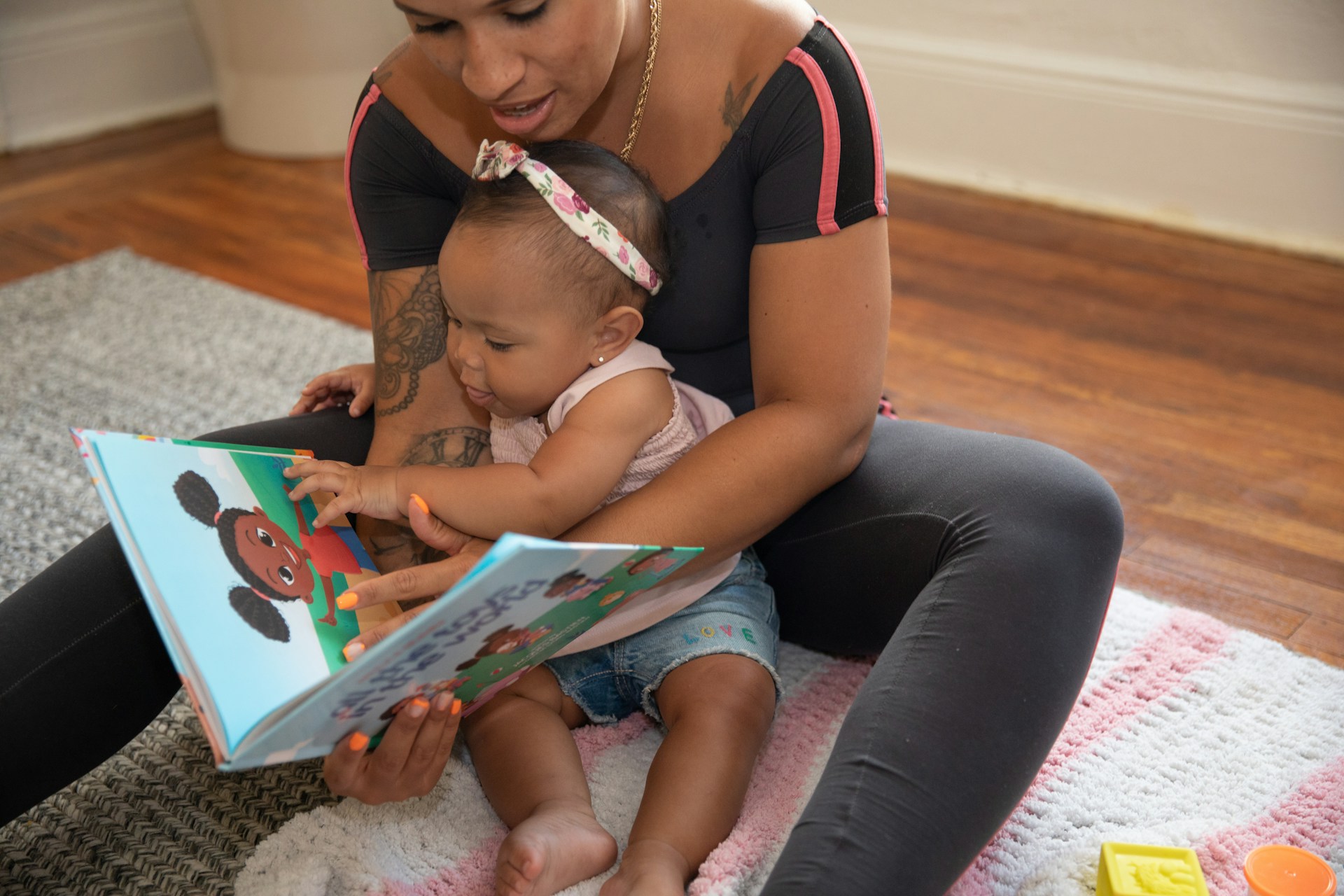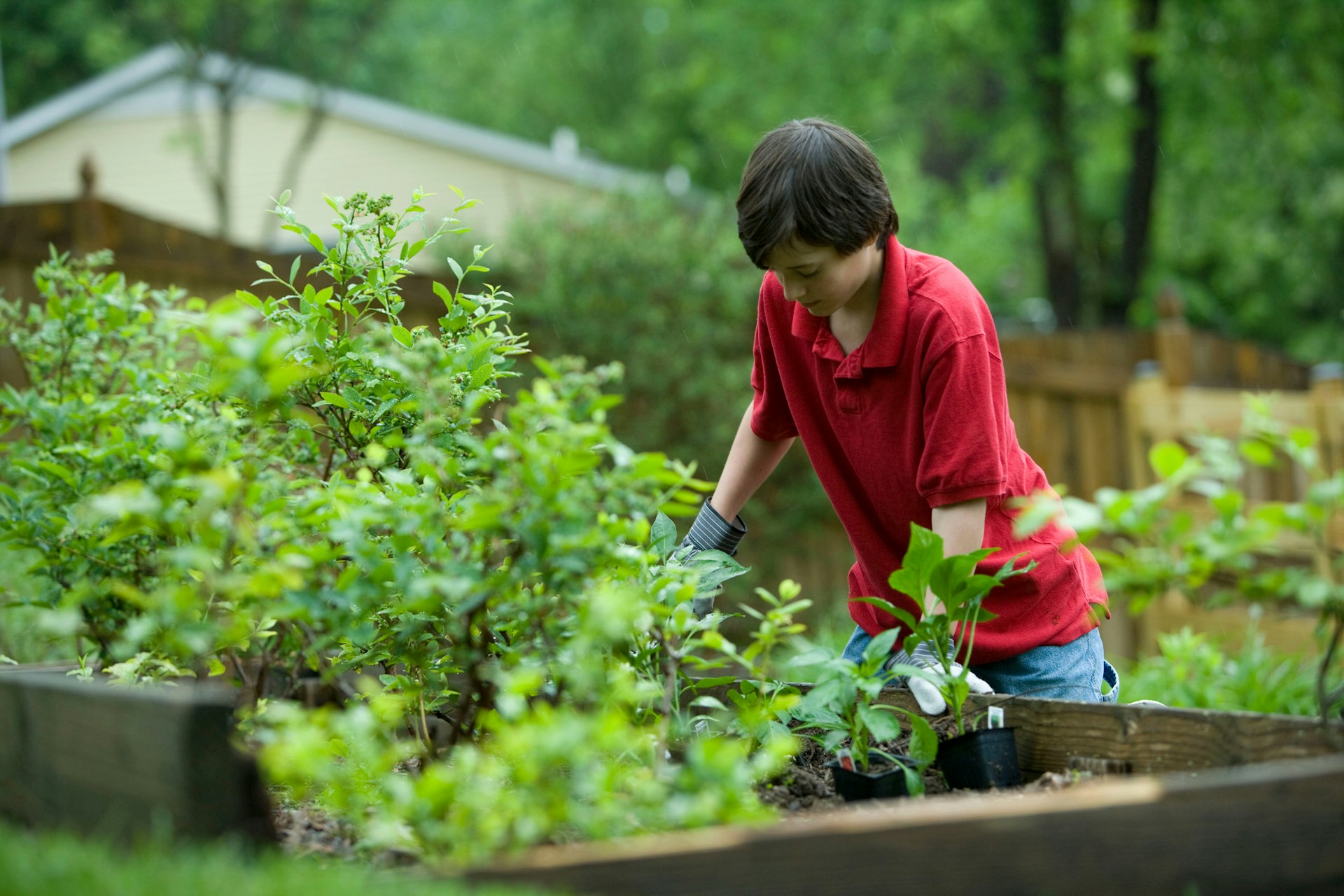What It Means To Be An Only Child
If you're an only child, you're probably used to the criticism that comes with the "only child syndrome" belief. While it may hold some truth, it often overshadows many of the other positive traits that come along with it. Today, we're sharing everything that being an only child might say about you, the good and the bad. How many do you agree with?
1. Sensitivity to Criticism
Because only children are the sole focus of their parents' attention, it's quite common that they're more sensitive to criticism. Only children aren't used to the teasing and roughhousing that siblings often use to toughen each other up, which means they're much more vulnerable to negative feedback.
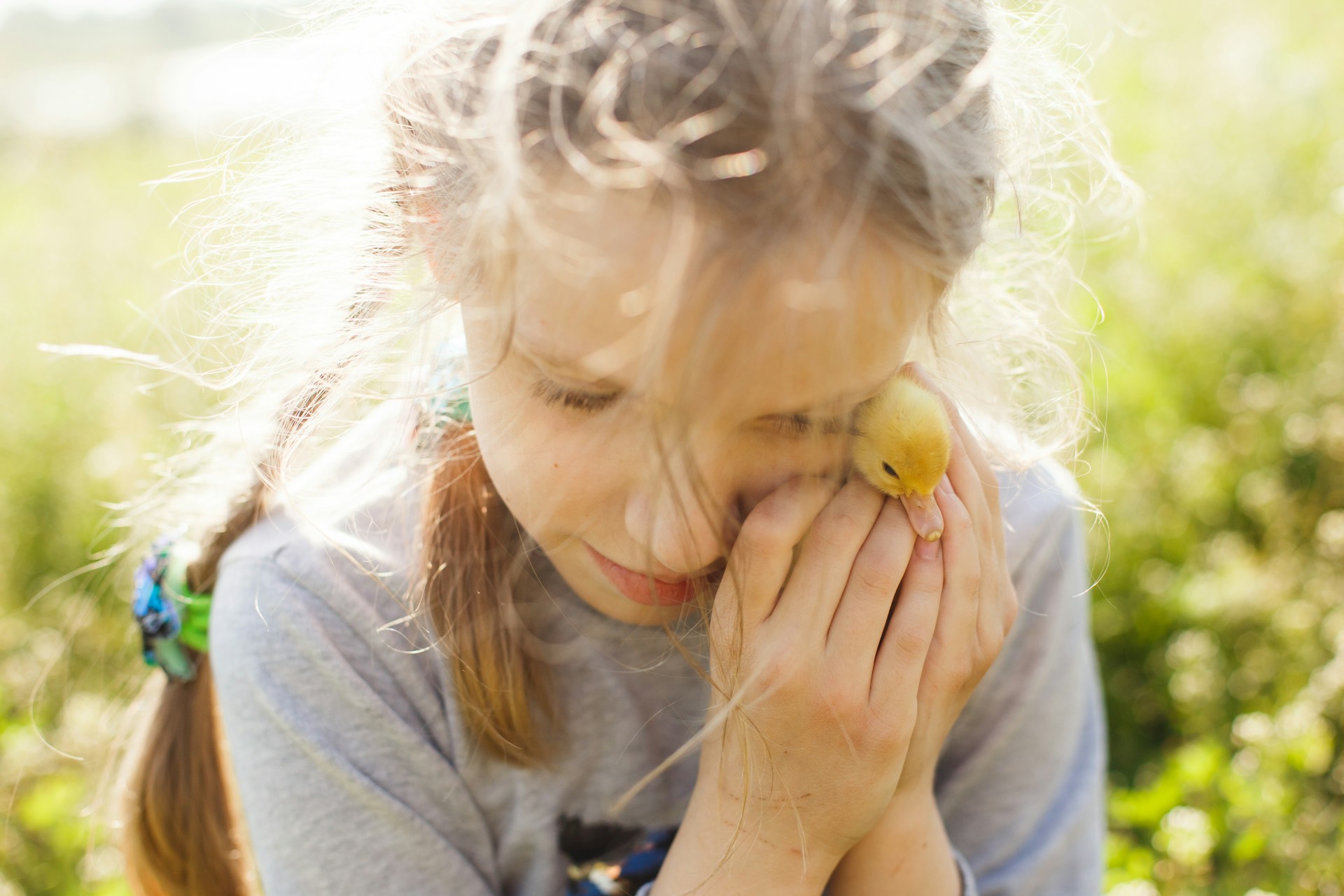 Photo by Юлія Дубина on Unsplash
Photo by Юлія Дубина on Unsplash
2. Self-reliance
Spending a lot more time alone, only children develop a strong sense of self-reliance because well, they have to. This independence though can help foster great problem-solving skills and creativity at an early age; they're used to figuring things out on their own without the immediate help of siblings.
 Photo by Josh Applegate on Unsplash
Photo by Josh Applegate on Unsplash
3. Entitled
The most common negative trait only children are claimed to have is a sense of entitlement. Having been the center of attention and receiving undivided resources from their parents since birth, this can lead to an expectation of constant special treatment. As a result, they have difficulty handling rejection or criticism because things usually go their way.
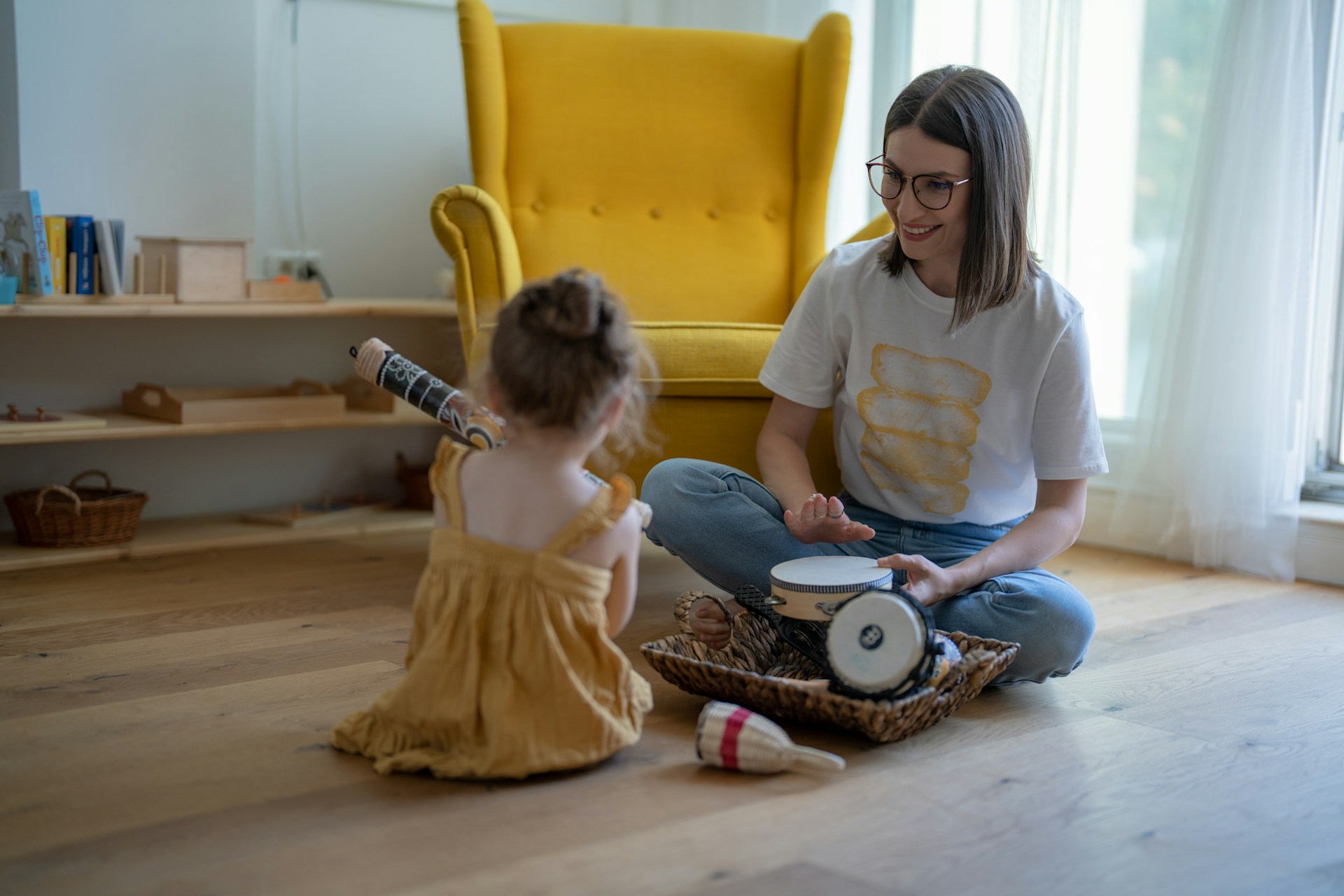 Photo by Sebastian Pandelache on Unsplash
Photo by Sebastian Pandelache on Unsplash
4. Maturity
Because they get their parents' undivided attention, only children may exhibit maturity much earlier than children with siblings. This might be due to the fact that they frequently engage in adult conversations and thus may prefer the company of older individuals. This helps to accelerate their emotional and intellectual development at a young age.
 Photo by Timon Studler on Unsplash
Photo by Timon Studler on Unsplash
5. High Academic Achievements
With parents being able to concentrate all their resources and support onto one child, only children tend to do well academically. With so much attention and encouragement from their parents, they feel much more confident and comfortable asking them for help. This may lead to higher educational aspirations or achievements.
6. Perfectionism
But when all the attention is placed on the only child, the opposite can happen too - they might develop a perfectionist attitude. It's very possible for only children to feel a strong pressure to meet or exceed their parents' expectations not only in school, but in all areas of life. Depending on the person, this can be a motivating force, a major source of stress, or both.
 Photo by Séan Gorman on Unsplash
Photo by Séan Gorman on Unsplash
7. Strong Parental Bonds
As you can probably guess why, only children tend to have much stronger, closer relationships with their parents. With more opportunity for one-on-one interactions, they're able to develop deep emotional connections and solid communication skills with their parents.
 Photo by Itai Shlemberg on Unsplash
Photo by Itai Shlemberg on Unsplash
8. Difficulty with Peer Socialization
Without siblings to interact with and play with at home, only children may initially struggle with peer socialization. It might be an extra challenge for them, learning how to compromise and compete with others. These are skills we don't really realize are honed through sibling interaction.
 Photo by Muhammad-taha Ibrahim on Unsplash
Photo by Muhammad-taha Ibrahim on Unsplash
9. Leadership Skills
It's quite common for only children to demonstrate strong leadership qualities, likely stemming from their familiarity with taking charge and making decisions independently. Their upbringing instills a strong sense of confidence and autonomy, translating well into leadership roles.
10. Coddled
Many people often used the word "coddled" to describe only children. Being the sole recipient of all their parents' attention, care, and resources, it is true that only children can often be coddled. This overprotective upbringing can cause problems though, like hindering their ability to deal with setbacks or challenges independently. If they're used to their parents buffering difficulties and discomforts, they're in for a rude awakening when they have to deal with it on their own.
 Photo by Andriyko Podilnyk on Unsplash
Photo by Andriyko Podilnyk on Unsplash
11. Resourcefulness
Without any brothers or sisters to play with, only children develop a knack for entertaining themselves by making the most of their resources. This trait can evolve into resourcefulness as they learn to use their creativity and imagination to solve problems.
 Photo by Maxime Bhm on Unsplash
Photo by Maxime Bhm on Unsplash
12. High Expectations for Themselves and Others
Growing up with the focused expectations of their parents, only children may also hold themselves and those around them to high standards. This can drive them to achieve great things, but it might also lead to disappointment if those high expectations are not met.
 Photo by Annie Spratt on Unsplash
Photo by Annie Spratt on Unsplash
13. Financial Stability
Benefiting from their parents' undivided financial resources, this means that only children tend to have better educational opportunities, more extracurricular activities, and generally a higher standard of living. These are all things that can positively influence their development and future opportunities.
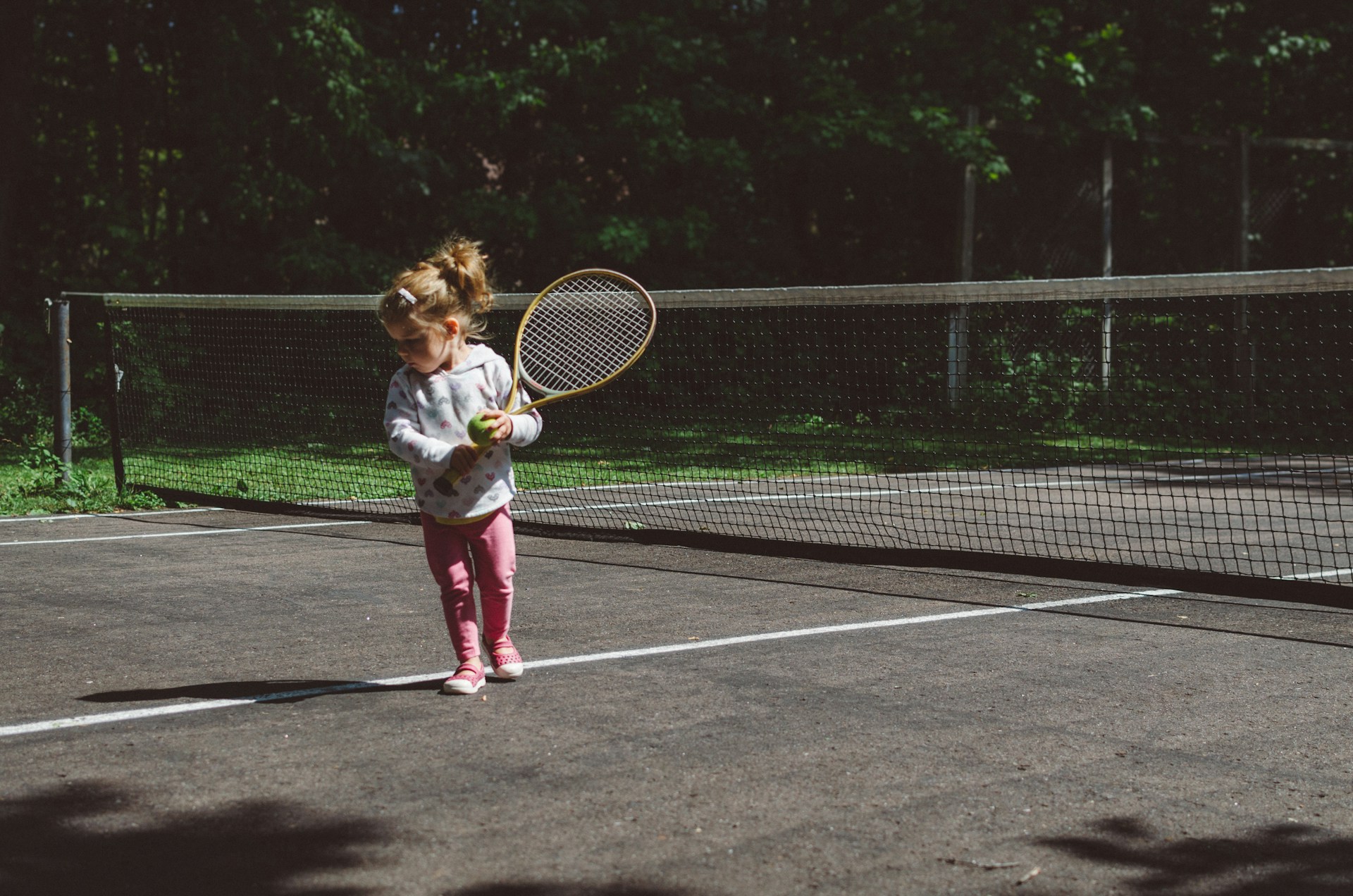 Photo by Kelly Sikkema on Unsplash
Photo by Kelly Sikkema on Unsplash
14. Comfort with Solitude
Because they usually spend their time alone, only children tend to be more comfortable with solitude, even enjoying it. They are often content pursuing solitary activities with ease, fostering independence and self-sufficiency early on.
 Photo by Jeremy McKnight on Unsplash
Photo by Jeremy McKnight on Unsplash
15. Adaptability
Only children are frequently able to adapt well to different situations because they're familiar with navigating adult environments from a young age. This adaptability is a good thing - it can make them resilient and flexible in the face of changes or challenges (which are bound to happen).
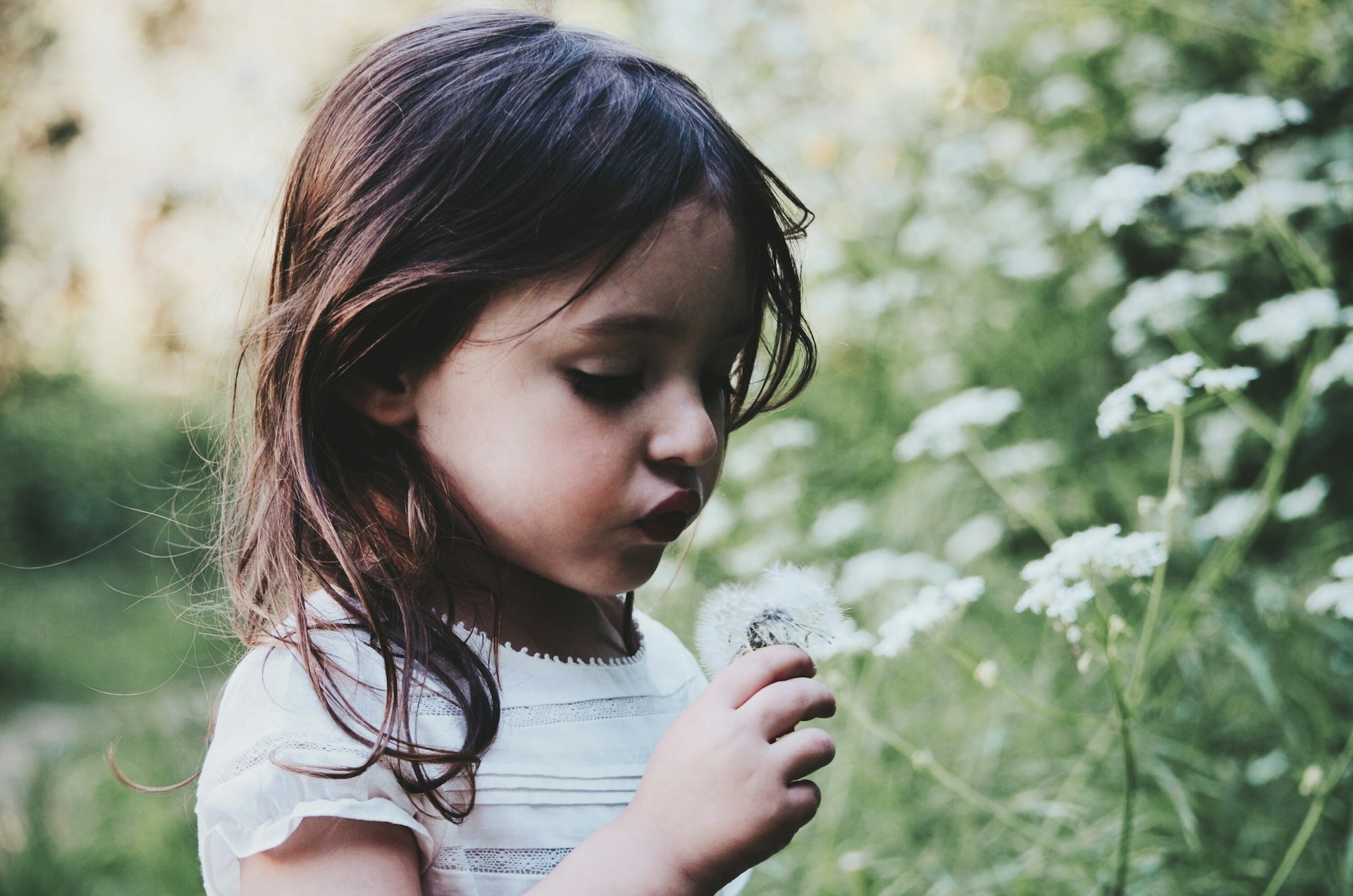 Photo by Caroline Hernandez on Unsplash
Photo by Caroline Hernandez on Unsplash
16. Pressure to Succeed
Only children may feel an extreme weight on their shoulder because they're the sole focus of their parents' aspirations. They might feel an intense pressure to succeed, leading to high levels of stress and anxiety, especially in competitive, academic, or professional environments.
 Photo by Alexander Grey on Unsplash
Photo by Alexander Grey on Unsplash
17. Innovative Thinking
With plenty of time to themselves, only children often develop innovative thinking skills; they're used to entertaining themselves and coming up with creative, new solutions. This can translate into creativity in problem-solving, or even artistic expression.
 Photo by Annie Spratt on Unsplash
Photo by Annie Spratt on Unsplash
18. Preference for Adult Approval
Adult approval and validation may have high value in the eyes of only children. Having been closely attuned to their parents' feedback and criticisms, they may grow to have a bit of dependency on it. This can make them highly responsive to teacher and employer feedback, but they can also grow to become overly dependent on external validation.
 Photo by Muhammad-taha Ibrahim on Unsplash
Photo by Muhammad-taha Ibrahim on Unsplash
19. Social Selectivity
Without the built-in social network of siblings, only children tend to be more selective in their friendships. They might form fewer relationships throughout their life, but they're deep ones, ones that are carefully chosen based on shared interests and values.
 Photo by Ricky Turner on Unsplash
Photo by Ricky Turner on Unsplash
20. Appreciation for Privacy
Accustomed to having their own space and time, only children often have a high appreciation for privacy. They value personal boundaries and can be very respectful of others' need for space, reflecting their own upbringing.



